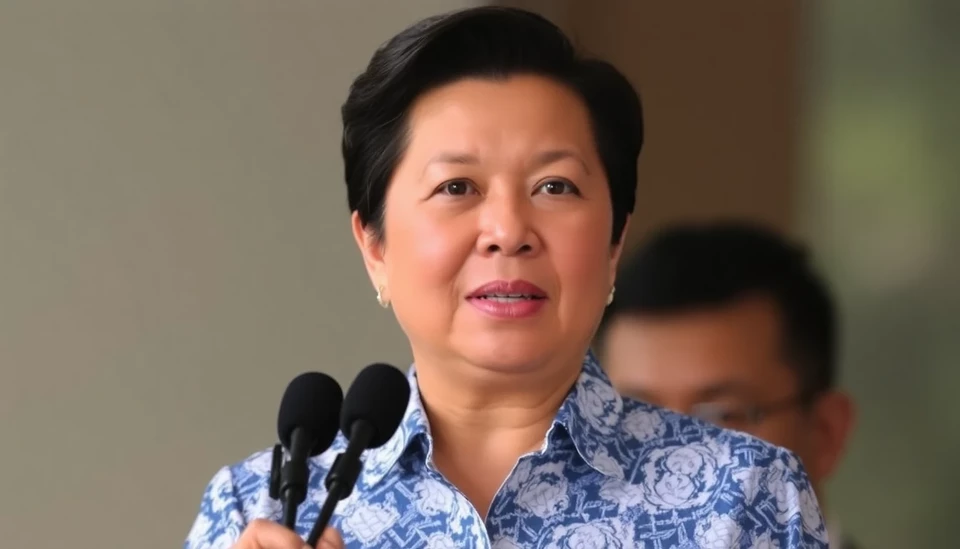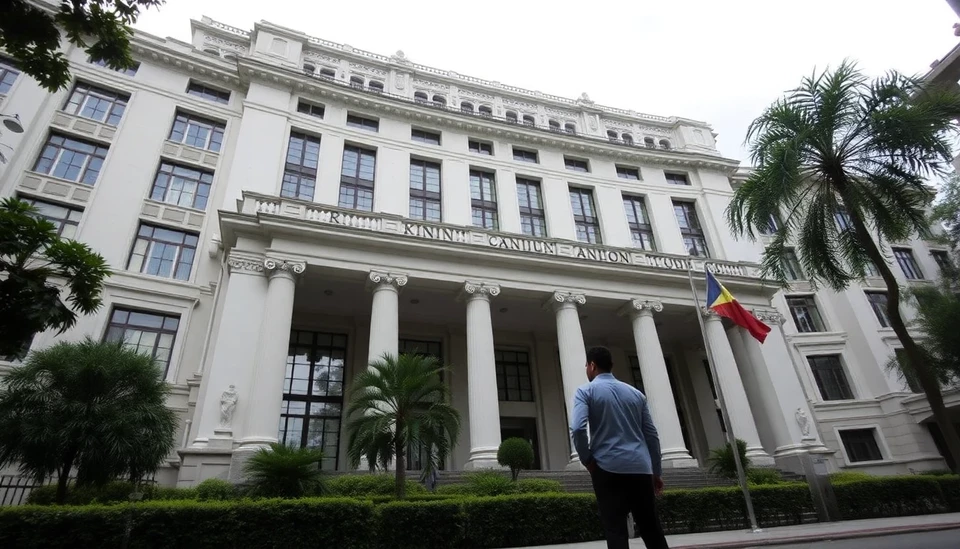
The Philippines is on track to be removed from the Financial Action Task Force (FATF) grey list, a move that is expected to significantly enhance the country's business environment and improve cross-border deals. This development follows concerted efforts by the Philippine government to strengthen its anti-money laundering and terrorist financing measures, which had previously placed the country under increased surveillance by the FATF.
In a recent announcement, the Department of Finance reported that their rigorous implementation of reforms has led to positive feedback from the FATF, suggesting that the Philippines might soon be recognized as compliant with the international standards for financial integrity. With this anticipated removal, stakeholders within the Philippine economy are hopeful for increased foreign investment and improved economic growth. The grey listing has been seen as a deterrent for international business transactions, and its removal could reverse this trend, particularly in sectors that rely heavily on foreign capital.
The FATF's grey list includes countries under increased scrutiny for regulatory deficiencies that could potentially be exploited for illicit financial activities. By achieving compliance, the Philippines aims to bolster its reputation as a safe destination for investors and businesses. Experts believe that exiting the FATF list could pave the way for lower costs and faster processing times for cross-border payments and transactions, thereby promoting greater efficiency in the global business arena.
According to finance officials, the government has made significant strides in enhancing regulatory frameworks aimed at preventing money laundering and the financing of terrorism. These initiatives have included the establishment of stricter reporting obligations for financial institutions, the strengthening of the legal framework to support investigations and prosecutions, and ongoing training for law enforcement officials. As a result of these efforts, the Philippines is now better positioned to navigate the global financial landscape.
Moreover, the anticipated exit from the FATF list is expected to boost the confidence of both local and foreign investors toward various industries within the Philippines. As opportunities expand, sectors such as technology, real estate, and export-oriented businesses are particularly poised to benefit as they seek to attract investment and modernize operations.
The government of the Philippines has emphasized its commitment to ensuring compliance with international anti-money laundering standards moving forward. Officials have reiterated their determination to foster an environment that is conducive to responsible business practices while simultaneously safeguarding the integrity of the financial system.
As the FATF evaluates countries' progress periodically, the upcoming review will be crucial for the Philippines. The full removal from the grey list relies not only on ongoing compliance but also on the country's ability to demonstrate consistent improvements in managing financial crimes and criminal activities in the eyes of the FATF.
In conclusion, the Philippines stands on the brink of a significant milestone that could transform its economic landscape. With a fervent hope for a positive appraisal from the FATF, the nation eagerly awaits the outcome of the impending review that could usher in a new era of investment and growth.
#Philippines #FATF #FinancialIntegrity #CrossBorderTransactions #InvestmentOpportunities #EconomicGrowth #AntiMoneyLaundering #TerroristFinancing #ForeignInvestment
Author: Daniel Foster




